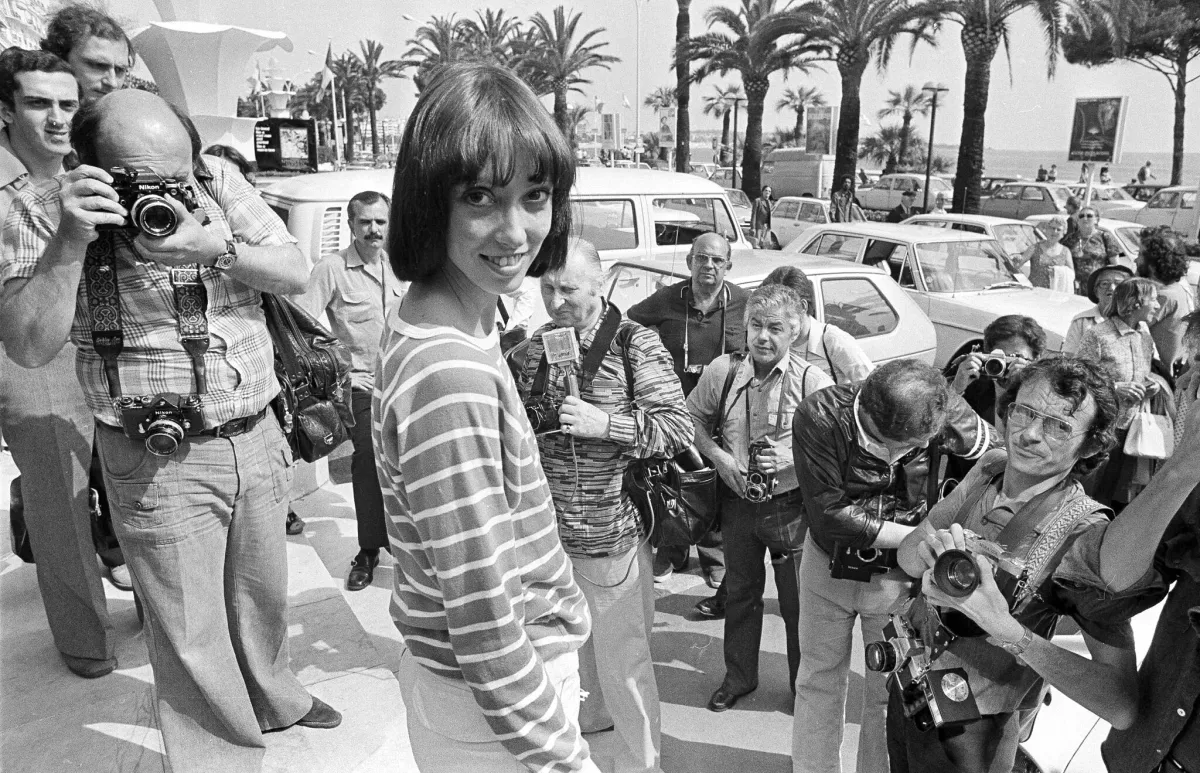Shelley Duvall 1949-2024
You'll be hearing and reading a lot about "The Shining," of course, but it's Duvall's work with Robert Altman that will last.

Shelley Duvall died in her sleep early today, of complications of diabetes at the age of 75. Her peaceful passing is a blessing.
You'll be hearing and reading a lot about "The Shining" (1980), of course, and how acting in that film was a torturous experience that subjected the actress to hundreds of retakes at the behest of director Stanley Kubrick. The urban legend is that somehow the filming broke her mentally, but as always the truth is more complicated. (A 2021 Hollywood Reporter story and a recent New York Times profile put her later years into much-needed perspective.)
But it's Duvall's work with Robert Altman – the man who discovered her and collaborated with her more fruitfully than any other director – that will last. (That, and the delightful "Faerie Tale Theatre," which she produced and which ran on Showtime from 1982 to 1987.) I first saw her at the age of 13 in "Brewster McCloud" (1970), Altman's doomed follow-up to "M*A*S*H*" and, like many, I found her gangly, wide-eyed affectlessness fascinating. Was she an actress? Was she a put-on? Maybe she just was. Altman had met her at a party in her home state of Texas while shooting "Brewster" locations – she hoped he'd buy some of her then-husband's paintings – and was taken with her sweetly unearthly presence. Duvall had a smallish role in "McCabe and Mrs. Miller" (1971), but for Altman's "Thieves Like Us" (1974) she was almost unbearably touching as a Depression-era girl who goes on the lam with lover Keith Carradine.

It was tempting, at that point, to admire Duvall while dismissing her as a kind of found object, someone the camera adored but not a conscious actress of imagination or force. That stance was absurd, of course, and it changed with a 1976 PBS adaptation of F. Scott Fitzgerald's "Bernice Bobs her Hair" and, critically, with "Three Women" (1977), in which Duvall's gives one of the decade's great performances as Mille Lammoreaux, a maddeningly empty-headed chatterbox who, under the spell of a naive newcomer (Sissy Spacek), loses control of her life and undergoes a mysterious personality shift.
The story had come to Altman in a dream, but it was Duvall who turned Millie into a flesh-and-blood creation – a woman both assured and almost existentially insecure – before reinventing her as one of the Fates.

After her retreat from Hollywood to Texas in the early 2000s, Duvall went off the radar for years, only to surface in a 2016 Dr. Phil interview that almost everyone felt exploited her mental and emotional struggles; it became apparent in subsequent coverage that she had the support of her longtime partner Dan Gilroy and a large network of friends and committed strangers, many of them from a generation that had grown up watching "Faerie Tale Theatre" and Altman's "Popeye" (1980), in which she inhabited the part of Olive Oyl with the rightness that comes from being an otherworldly being oneself.
But that's just a projection, when she was really just a human being who wandered into the right room at the right time and made the best life from what she found there. Even in her last years, Duvall never seemed to have lost an air of childlike wonder, the curiosity of a woman for whom every moment is new and strange and unique. Who would have thought her a movie star? And yet, once seen onscreen, who would have thought otherwise? I said above that some people considered her a found object, but that's not right. We didn't find Shelley Duvall – she found us. And we were lucky.
Feel free to leave a comment or add to someone else's.
If you enjoyed this post, please forward it to friends! And if you’re not a paying subscriber and would like to sign up for additional postings and to join the discussions — or just help underwrite this enterprise, for which the author would be eternally grateful — here’s how.





